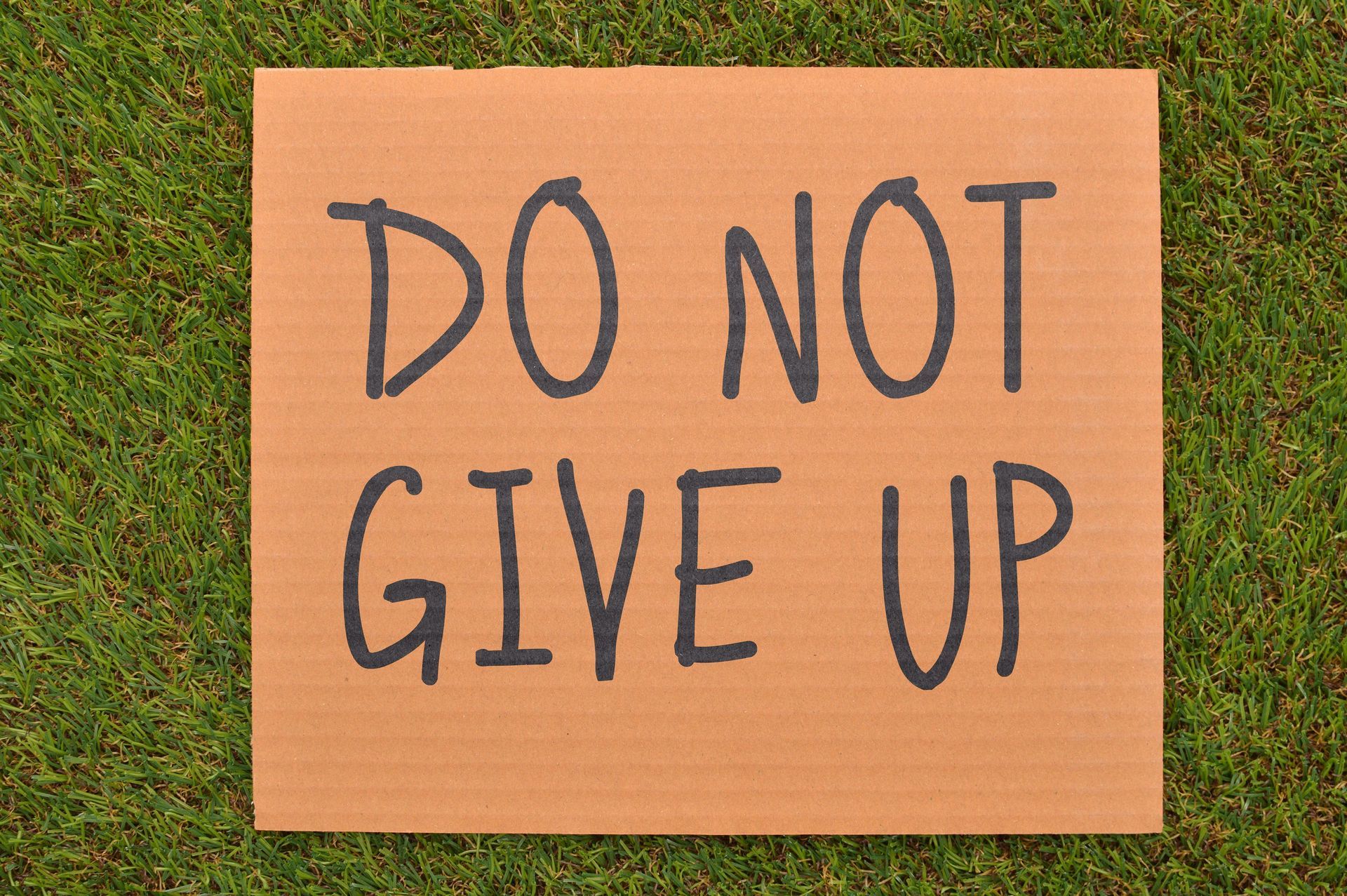The Vital Role of Mental Health in Achieving Fitness Goals
When it comes to reaching our fitness goals, we often think about the physical aspects first. We talk about the best workout plans, the importance of a balanced diet, and getting enough sleep. But there’s another crucial piece of the puzzle that often gets overlooked: mental health.
Let’s be honest. Life can be incredibly stressful. Many of us are juggling work, family, and personal commitments, often feeling like there aren’t enough hours in the day. Add to that the pressures of social media, financial concerns, and world events, and it’s no wonder so many of us are feeling overwhelmed, anxious, or even battling depression. These mental health challenges can make it tough to find the energy and motivation to prioritize fitness.
For those of us who are struggling, it might seem impossible to find the drive to work out regularly. The idea of hitting the gym when you’re already exhausted or feeling down can feel like a mountain too high to climb. But here’s the thing: taking care of your mental health is just as important as lifting those weights or hitting your cardio targets. In fact, it might be the key to finally achieving your fitness goals.
Why Mental Health Matters
Motivation and Consistency: Let’s be real: staying motivated is hard, especially on those days when your couch looks way more inviting than the gym. Your mental state plays a huge role in how motivated you feel to work out and stick to your routine. When you’re in a good place mentally, you’re more likely to get up and get moving. But if you’re dealing with mental health issues like depression or anxiety, finding that drive can feel like an uphill battle.
Stress Management: Ever noticed how a good workout can make you feel like a million bucks? That’s because exercise is a fantastic stress-reliever. Physical activity releases endorphins, the “feel-good” hormones that help combat stress and improve your mood. High stress levels, on the other hand, can lead to poor eating habits, sleep disturbances, and a general lack of motivation to stay active.
Mind-Body Connection: Your mind and body are a team, and they work best when they’re both in top shape. Practices like mindfulness and meditation can enhance your workout performance by improving your focus and body awareness. This connection helps you push through challenging workouts and recover more effectively.
Balancing Mental Health and Fitness
Set Realistic Goals: Avoid setting goals that are so ambitious they’re impossible to reach. Instead, aim for small, achievable milestones. Celebrate each victory, no matter how small, to keep your spirits high and your motivation strong.
Incorporate Mindfulness Practices: Adding mindfulness practices like yoga or meditation to your routine can help you stay present and focused. These activities not only improve mental health but also enhance your physical performance.
Seek Support: Whether it’s through therapy, talking to a friend, or joining a support group, seeking support for mental health issues can make a significant difference. Remember, there’s no shame in asking for help.
Listen to Your Body: Pay attention to how you’re feeling mentally and physically. If you’re feeling overwhelmed or exhausted, it’s okay to take a break. Rest and recovery are essential parts of a healthy fitness routine.
Create a Positive Environment: Surround yourself with supportive people who encourage your fitness journey. A positive environment can boost your mental health and keep you motivated.
Wrapping It Up
Achieving your fitness goals isn’t just about physical strength and endurance; it’s also about mental resilience and well-being. By prioritizing your mental health, you create a solid foundation that supports and enhances your physical fitness efforts. Remember, a healthy mind fuels a healthy body, and together, they empower you to reach your fitness aspirations.
When you understand and embrace the connection between mental health and physical fitness, you can create a more balanced, sustainable, and fulfilling fitness journey. So, take care of your mind as much as your body, and watch how it transforms your path to achieving your fitness goals.
By focusing on both mental and physical health, you’re setting yourself up for success. Let’s make this journey not just about getting fit, but about feeling good, inside and out.












